Recent Blogs
Going Big with The Axopar 45
March 11, 2022
How to get the most out of your boat
March 8, 2022
Tarpon time in the Florida Keys
March 8, 2022
Archives
Categories
- Everything Else (28)
- Apparel (9)
- Boating (191)
- Boat Show (5)
- Yacht Tenders (15)
- Charity (1)
- SUP (10)
- Customer Service (1)
- Yacht Toys (8)
- Events (3)
- Places (1)
- Fishing (22)
- Kayak Modding (1)
- Marine Training (1)
- Land Toys (0)
- Watersports (1)
- Amphibious (1)
- Toys (4)
- Submersible (1)
- Propane Gas Engines (2)
- Kayak Fishing (6)
- Diving (1)
- Docks (2)
- Boat Accessories (4)
- Safety (3)
- Kayaking (14)
- New products (3)
- Boat Service (2)
- Engines (32)
- Sailing (1)
- Yacht Brokerage (1)
- Brokerage (1)
- Kayak (1)
Boating Safety for Adults and Kids
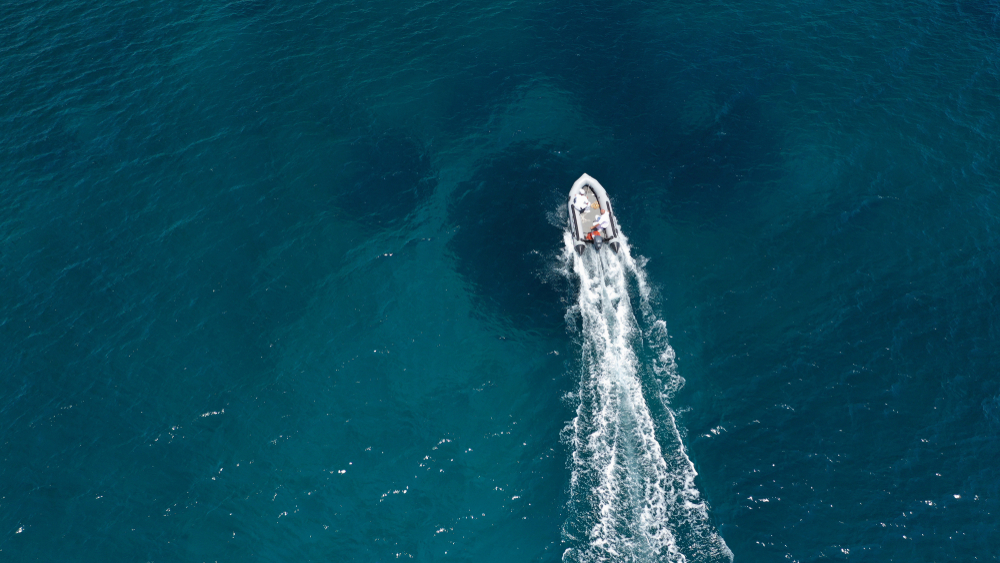
Whether you’re planning a day with your adult friends or spending time on the water as a family, it’s important to stay safe. The experience will be much more enjoyable for everyone when safety is a focus, as you will be able to relax instead of worrying about danger on the water. Luckily, it isn’t difficult to take control of the situation while you’re boating with either kids or adults as long as you have a thorough safety plan before you board the boat. Keep these boat safety plans in mind next time you’re headed to the water for some quality time.
Learning to Swim
This is especially important for kids, but it applies to some adults as well. Not everyone has had the opportunity to spend a lot of time in pools, lakes, or oceans, so it’s important to know whether or not all of your passengers are good swimmers. If you have kids, it’s a great idea to enroll them in swimming lessons if you’re not comfortable teaching them to swim by yourself. Competent swimmers are at a much lower risk of injuries in the water.
Even if people are strong swimmers, it’s important to keep a watchful eye out and take notice if someone starts to get into trouble. People often start to have trouble swimming when they get tired or when the weather conditions don’t cooperate. It’s also worth mentioning that even good swimming skills don’t replace the need for life jackets and other safety devices.
Wear Life Jackets
Depending on where you’re taking your boat, you may encounter different laws related to the use of life jackets. Here in Florida, for example, all of the following laws apply:
• Your vessel must carry one personal flotation device (PFD) that has been approved by the United States Coast Guard (USCG) per each person on board.
• The PFDs must legibly show the USCG approval number and must be in good working condition. The PFD must be appropriate for the chest size and bodyweight of the person wearing it.
• All children who are under six years of age must wear a Type I, II, or III USCG-approved PFD at all times if the vessel is less than 26 feet in length.
• Inflatable PFDs are not appropriate for skiing. Each person who is on a personal watercraft or is being towed behind a vessel must wear a USCG-approved PFD.
• Vessels of 16 feet of length or longer must have one Type IV USCG-approved PFD readily available.
We recommend wearing life jackets even when you’re not required to by law because a life jacket will help you stay afloat in the event that you become injured in an accident. Test your life jackets regularly to make sure they still work well and replace them if they start to get waterlogged. Make sure all life jackets are easy to access.
Watching Kids on the Water
Keep an eye on kids and make sure they’re practicing good safety on the water. Unattended children may get restless, swim too far away, or swim to a moving boat in an unsafe manner. If you’re with babies or small children, do not keep them strapped into any device that won’t float. We normally recommend that all babies on board are held by an adult while the boat is in motion. Keeping an eye on all of your passengers can help you avoid bad situations.
Use Sun Protection
If you’re on the water, you’re probably also in the sun. Here in Florida where we’re relatively close to the equator, the sun can start to damage your skin in as little as 15 minutes. Be mindful of how much time you spend in the sun, and monitor your children’s exposure as well. Covering the skin with hats and long sleeves can help, and it’s always a good idea to have sunscreen and sunglasses available when you’re on the boat. Freshen up your sunscreen every couple of hours, and do it even more frequently if you’ve been sweating or swimming.
Learn to Operate a Boat Safely
One of the best ways to stay safe while boating is to make sure you know what you’re doing. Don’t drive your boat too close to the shore, other vessels, or any other type of obstacle. It’s also important to handle your boat carefully and at responsible speeds. Make sure your passengers know to keep their hands inside the boat and to remain seated while the boat is moving, especially at high speeds.
When you buy a boat for the first time, you may want to take boating lessons unless you already have significant experience. A more experienced boater will be able to tell you tips and tricks that you might not have thought about on your own. Take special care when you’re leaving and returning to the dock. If you have someone to help you with the lines, they should know what’s expected of them and be comfortable with the task.
Lead By Example
One of the best ways to ensure that your passengers practice proper boat safety is to set a positive example. Children and adults will both take queues from your behavior, which makes it important to demonstrate responsible actions. If you’re out with children, it may help to explain to them why you do things the way you do. When you’re on the water with friends, don’t overindulge in alcohol even if others are enjoying cocktails.
Buy a Boat in Florida
You can find everything you need for a fun family outing on the water by visiting us at Nautical Ventures Marine Center. We have new boats, used boats for sale, and a wide variety of different toys for your time on the water. You can also count on us to provide you with safety gear like life jackets and other floatation devices. Visit us today, or contact us online to learn more.
Image Credit: Shutterstock / Aerial-motion





Sign up for Nautical Ventures EMAIL UPDATES & PROMOTIONS

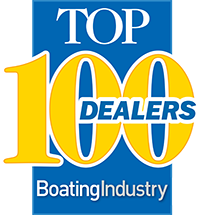
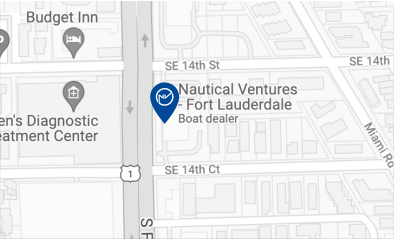



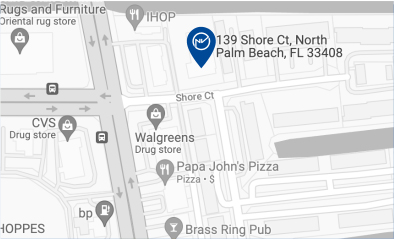

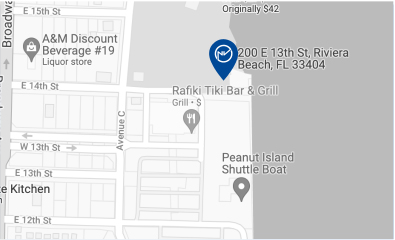





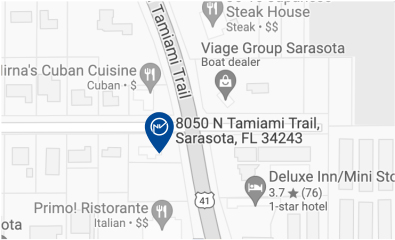



Comments